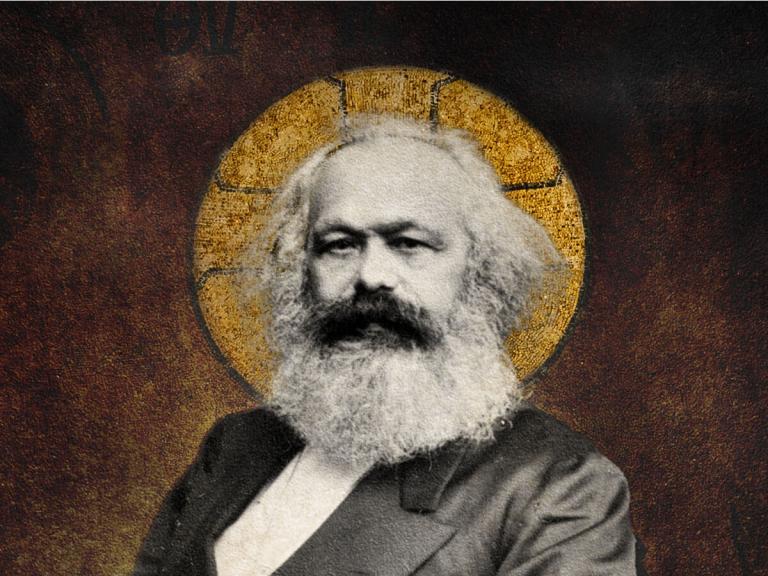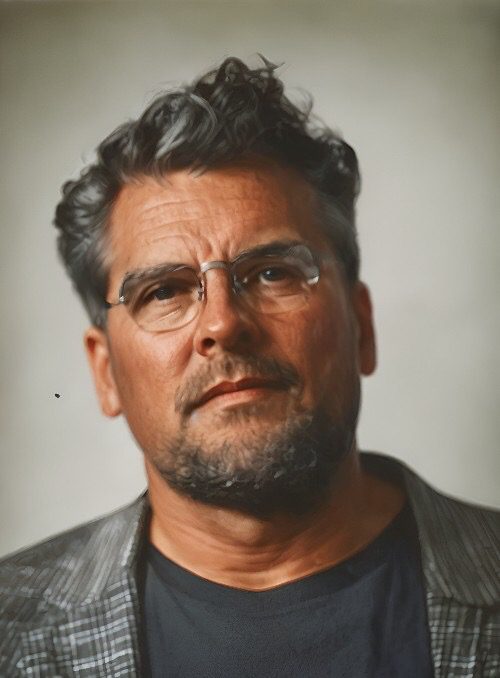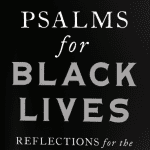By Robert Orlando
In ideology, few figures have garnered as much attention and stirred controversy as Karl Marx’s writings on communism. While commonly regarded as a political and economic theory, a different perspective emerges when we scrutinize it through the lens of eschatology, the study of ultimate destinies.
Interestingly, upon closer examination that avoids caricature, the structure of Marx’s ideas reflects a narrative not dissimilar to the eschatological records found in religious systems, particularly Christianity.
Marx’s foundational concept of historical materialism is the bedrock of our analysis. It dissects society and human history based on material production conditions and class struggle.
This mirrors the foundational principles of many eschatological narratives, which often begin with depicting a fallen world.
Rising Action
As Marx delves into the relationship between social classes, precisely the bourgeoisie and the proletariat, he uncovers the inherent contradictions of capitalism. This mirrors the rising action of eschatological narratives, where tensions and struggles arise, setting the stage for a transformative event.
Marx further explores the exploitation of the working class by the bourgeoisie, leading to inequality and alienation. This resembles how eschatological narratives often describe a world marked by suffering and injustice before a redemptive figure or event arrives.
In Christianity, this transitional figure is the Messiah; in the case of Communism, it’s envisioned as a benevolent despot.
Climax
Marx’s vision of the proletariat’s revolutionary potential aligns with the climax of eschatological narratives, where a decisive event reshapes the world. The overthrow of the bourgeoisie and establishment of a socialist society mirrors the turning point in eschatological tales.
Falling Action
The transition from socialism to communism, characterized by the collective ownership of production and equitable distribution, parallels the falling action of eschatological narratives. Here, the world transitions into a new state marked by ideals of justice and equality.
Resolution
Marx’s vision of communism as the ultimate goal shares similarities with the resolution of eschatological narratives. Both depict a state of fulfillment (a golden age) that eradicates exploitation and inequality, creating a world where humanity fulfills harmony and abundance.
It’s crucial to recognize that while Marx’s works explore multifaceted aspects of society, politics, and economics, mapping his ideas onto a narrative framework better reveals his eschatological undertones.
Those that emphasize transformation, redemption, and the pursuit of an ideal community.
Comparative Analysis
The convergence between Marx’s ideology and eschatological narratives, particularly Christianity, is intriguing. Both envision a future state of equality, justice, and the dissolution of existing hierarchies. However, their paths to achieving these outcomes differ profoundly.
While Christianity often emphasizes the role of faith and believers’ unity in ushering a messianic figure’s return to bring about ultimate transformation, Marx’s narrative relies on a proletarian revolution to initiate change. Marx proposes a secularized version of salvation through human agency.
Analyzing Marx’s writings through an eschatological lens sheds light on the underlying structure of his ideology. This approach helps us understand why Marxism has attracted fervent followers who often exhibit religious zeal.
Whether Christianity or Marxism, the narrative structure inherently appeals to our longing for a better world, a trait deeply embedded in eschatology.
Moreover, this analysis opens avenues for dialogue between seemingly opposing worldviews. By recognizing the shared structural elements of the core architecture between Marx’s ideology and religious eschatologies, we can encourage conversations to bridge left-right ideologies.
Understanding the narrative frameworks can provide a common ground for discussing societal transformation, even among those who might otherwise vehemently disagree.
Distilled to their core structure, Karl Marx’s ideas remarkably align with the narrative arcs of eschatological traditions. His narrative of class struggle, revolution, and the pursuit of an ideal society mirrors the core elements of Christianity.
While the antecedents of their anthropology and cosmology may clash, these worldviews, or “first things,” generate similar eschatology.
Marx’s writings also challenge established religious wisdom concerning societal change, the role of human agency, and the perceived disparities between ideologies that, on the surface, seem irreconcilable.
However, at this juncture of doctrine and eschatology, a space emerges for conversation, understanding, and, potentially, a new perspective on the enduring quest for a just and equitable world.
This perspective seeks to integrate material needs with those of the spirit, fostering a holistic approach to a harmonious society.















